It’s safe to say, Netflix’s Indian series are breaking the mould of Indian entertainment and their latest series Ghoul is a perfect addition to the list.
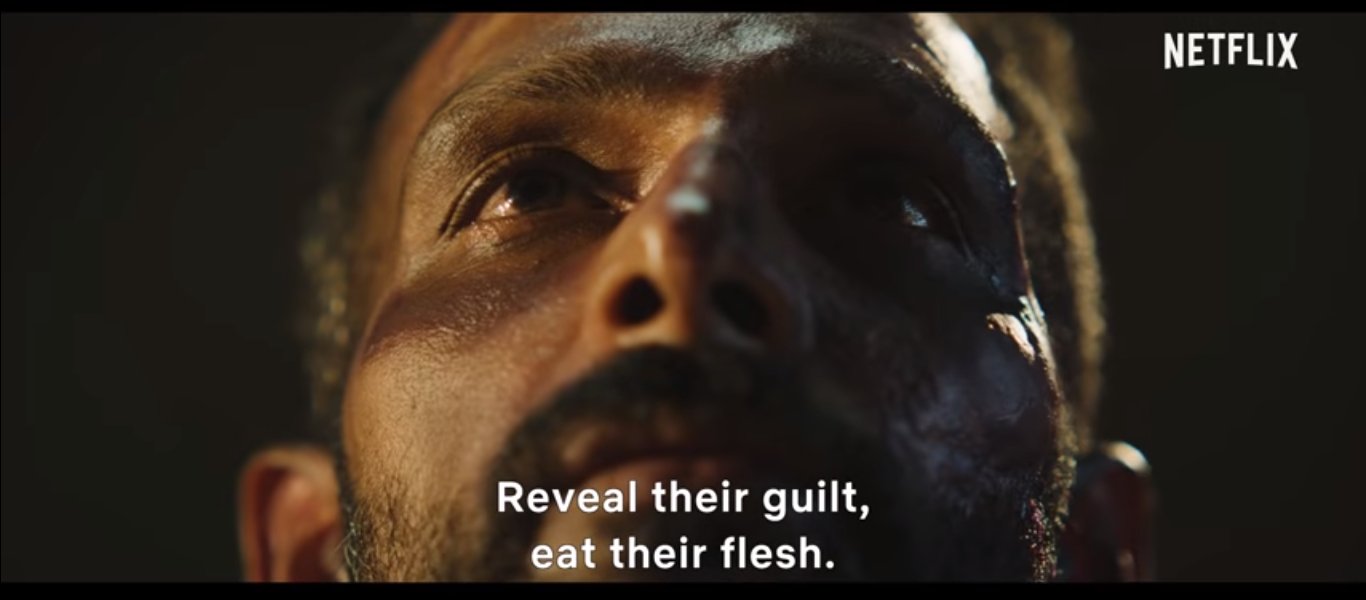
Indian entertainment and horror have had an uneasy existence for the longest time – till Ghoul it seems. With Patrick Graham’s Ghoul we have a horror thriller that combines expert storytelling with artful direction.
This is a series where you remain on the edge of your seat, waiting for the next surprising (read: shocking) turn of events.

However, the one thing that sets Ghoul truly apart is its bold narrative. For all the ‘objections’ raised against the content in Sacred Games, Netflix’s Ghoul seems to be a savagely appropriate response.
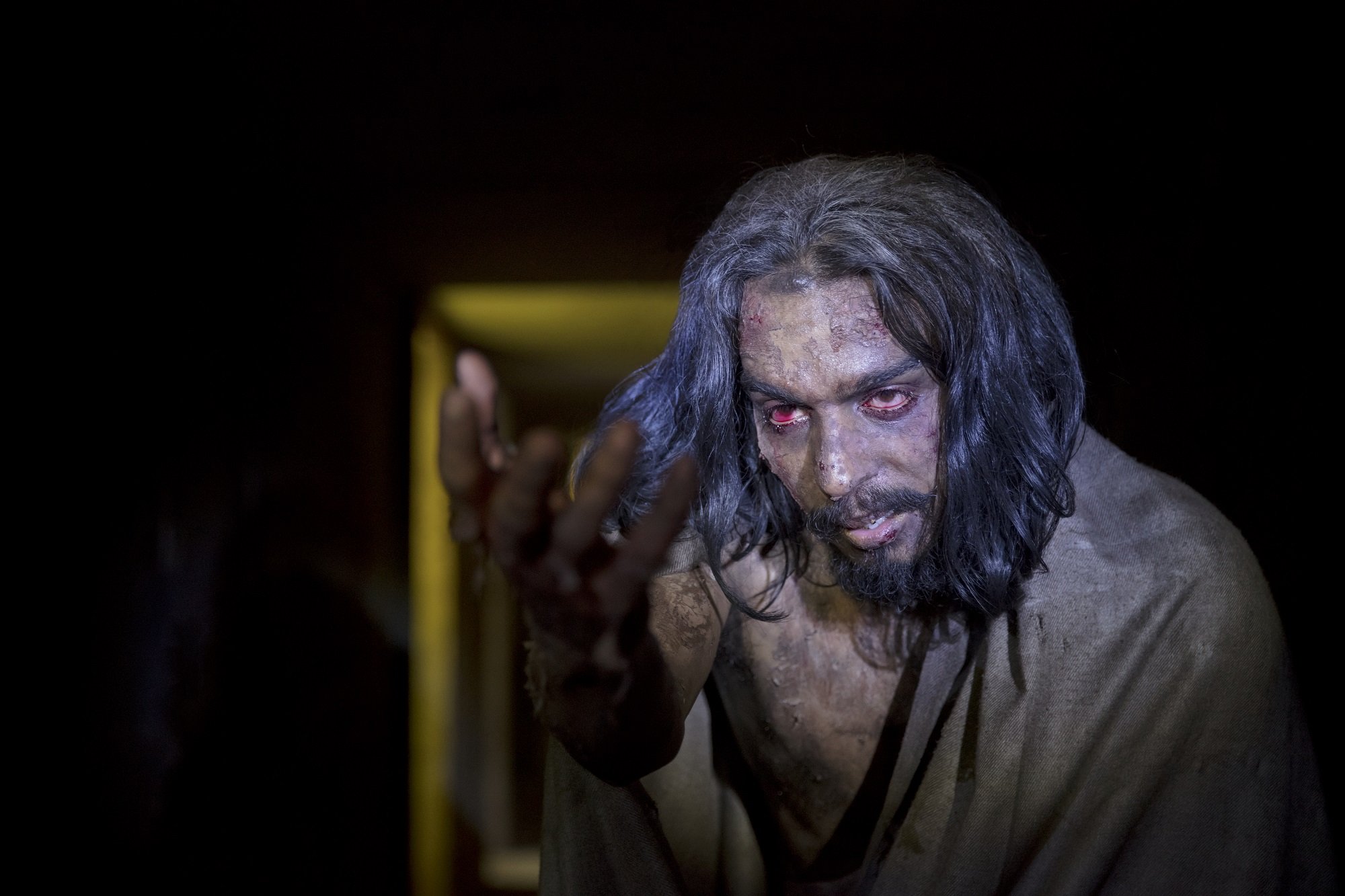
Here are 5 reasons why the series present a gutsy story, where the main horror lies in our own (lack of) humanity:
*MAJOR SPOILERS AHEAD: PROCEED WITH CAUTION*
1. While the miniseries is set in a dystopian future, the events are actually very relatable and thus more interesting.
In the dystopian setting, any person disagreeing with authorities is put through a ‘moral reconditioning process’.
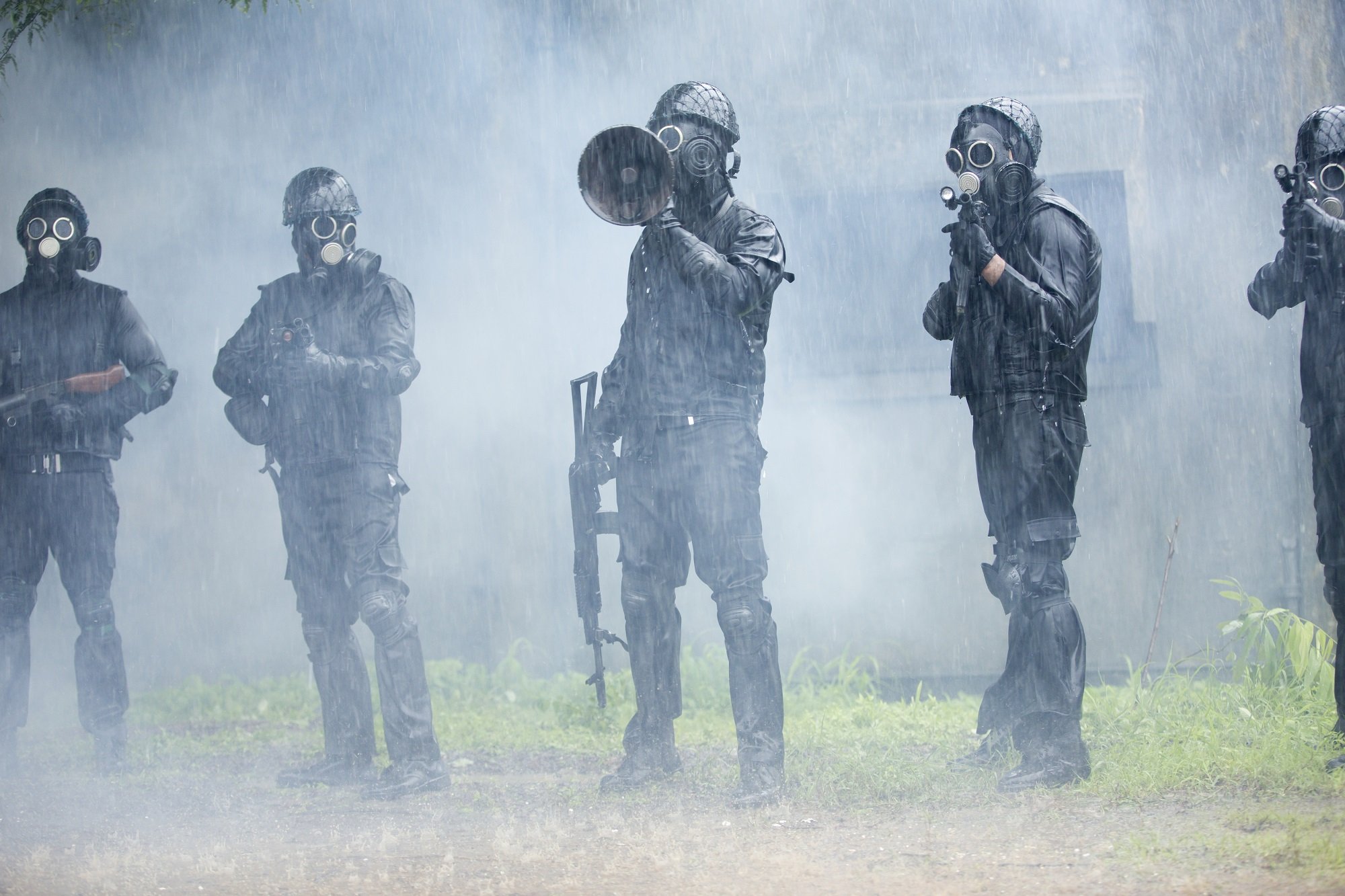
This is a future where kid’s books are burnt because they are believed to spread immoral ideologies, and people are abducted by authorities (army and the government) on suspicion rather than actual proof.
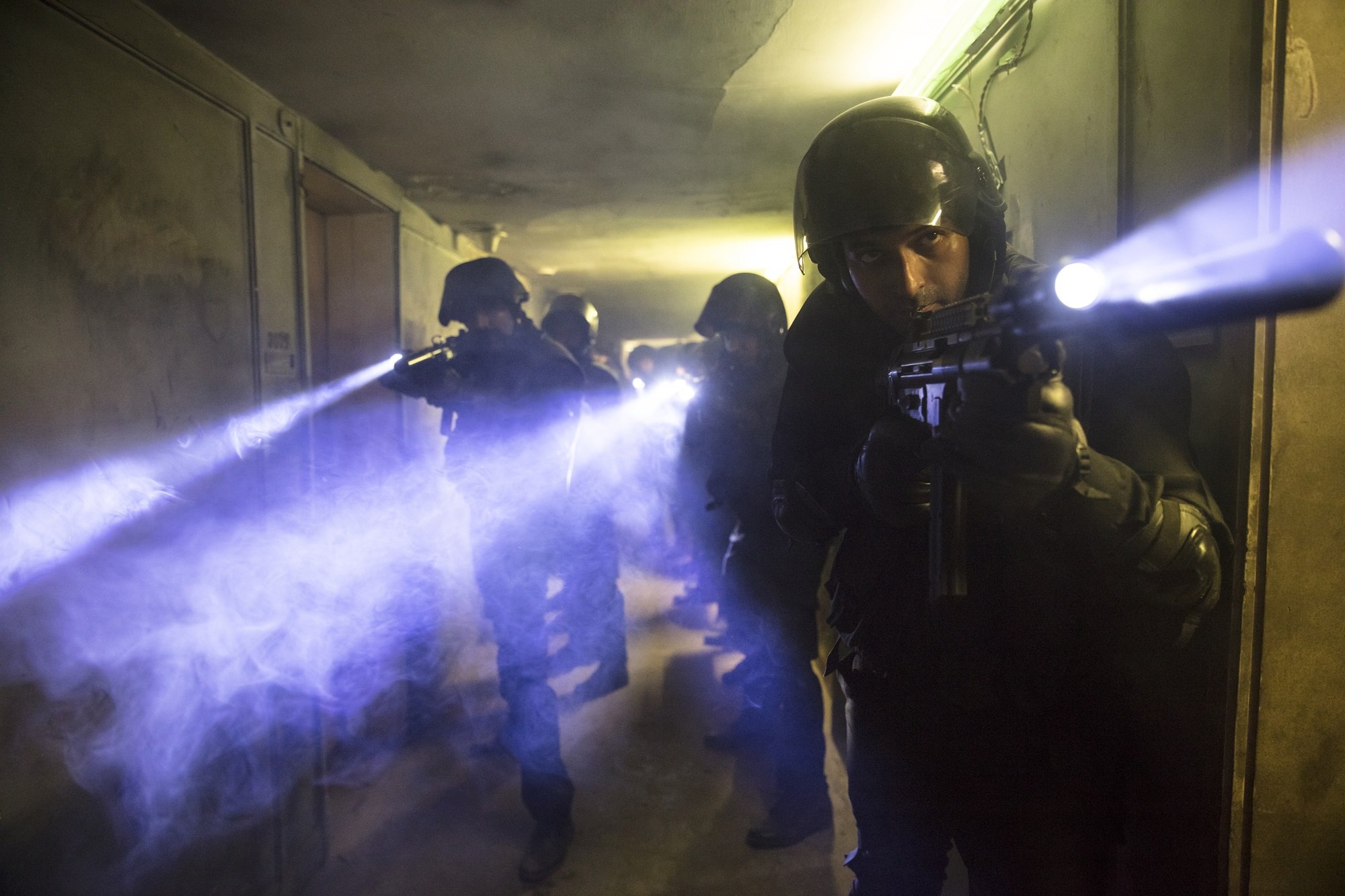
In fact, in the very starting of the show, it is evident that constitutional rights exist only on paper, and racial profiling is real and accepted. Nida Rahim (Radhika Apte) and her father are stopped at a checkpoint for no other reason than their religion.

2. Terms like ‘anti-nationals’ and ‘terrorists’ are used to describe people who stand against the authorities.
Right at the start of the series, there is a scene where on Nida’s tipoff the authorities question her father for alleged illegal activities.
They bring him in for questioning and ‘reassure’ Nida with this statement, ‘intellectuals take a little longer in the reconditioning process, but in the end, everyone agrees’.
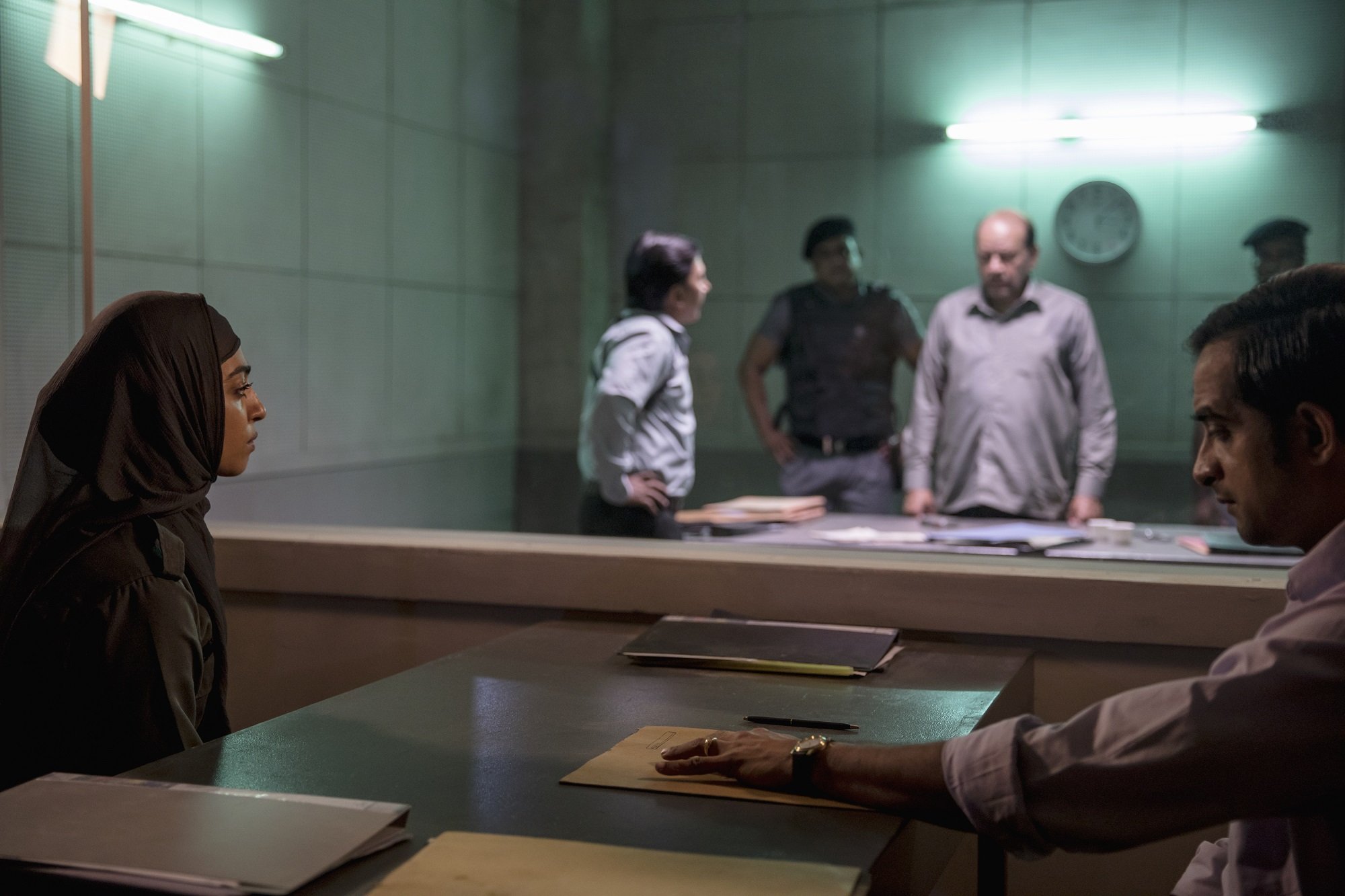
In fact, Nida Rahim is a part of the National Protection Squad (set up to capture terrorists) and is constantly taught (read: brainwashed) that any person even slightly digressing from nationally accepted beliefs should be captured.
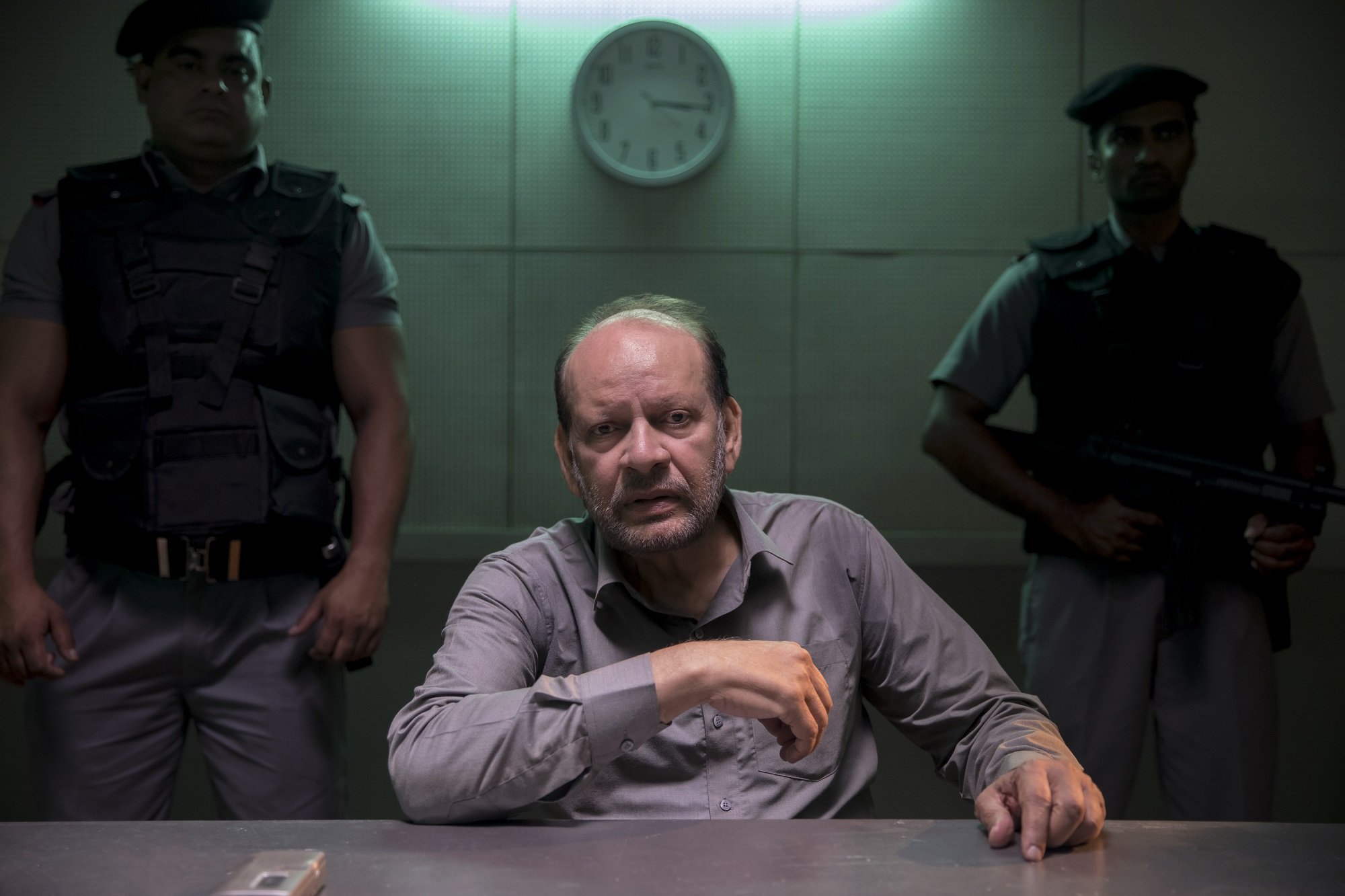
Her belief in the government is absolute. And her father’s literature – through which he teaches his students to have independent thoughts and question authorities rather than passively accept circumstances – is viewed as seditious, even by her.
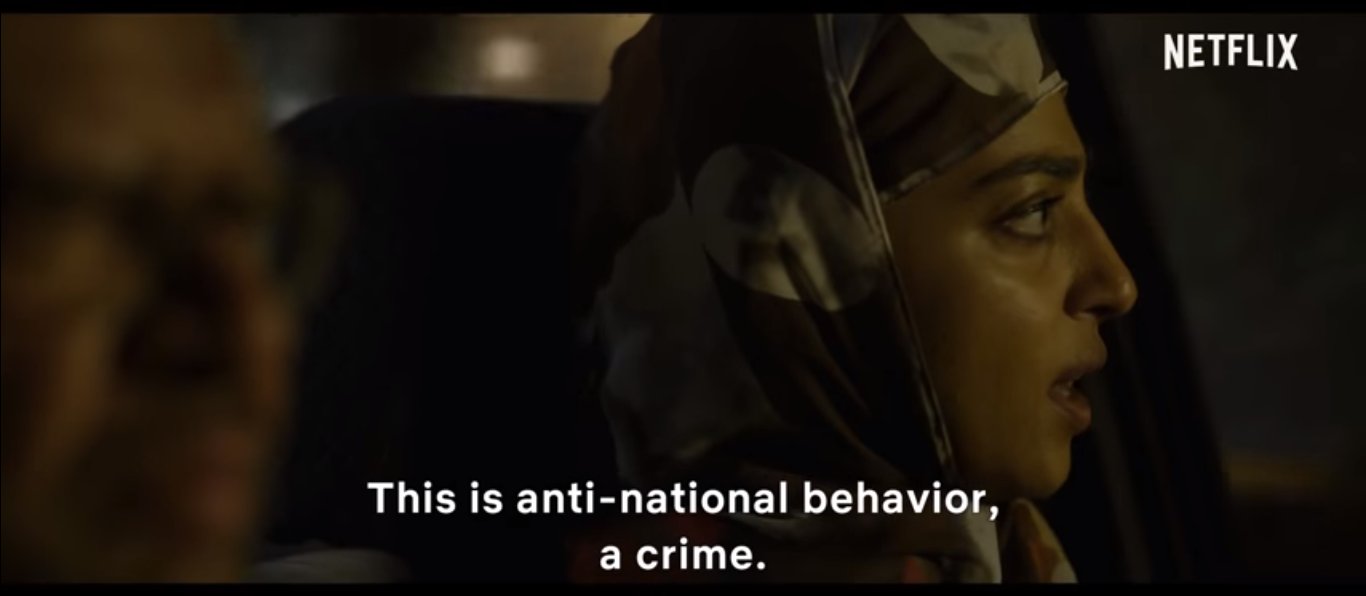
3. The series is headlined by a female lead and the character isn’t cast in a predetermined mold.
We have rarely seen Indian series headlined by female leads – though the trend has shifted slightly in recent times – and even rarer is to have a female lead who is a flawed character and not an ‘ideal woman’.

But Nida Rahim is definitely not a run-of-the-mill character. She has a negative character arc as she transforms from a highly patriotic soldier to a suspected terrorist who gives up her soul to the demon (ghoul). She is actually an anti-hero and not your ideal Indian heroine.

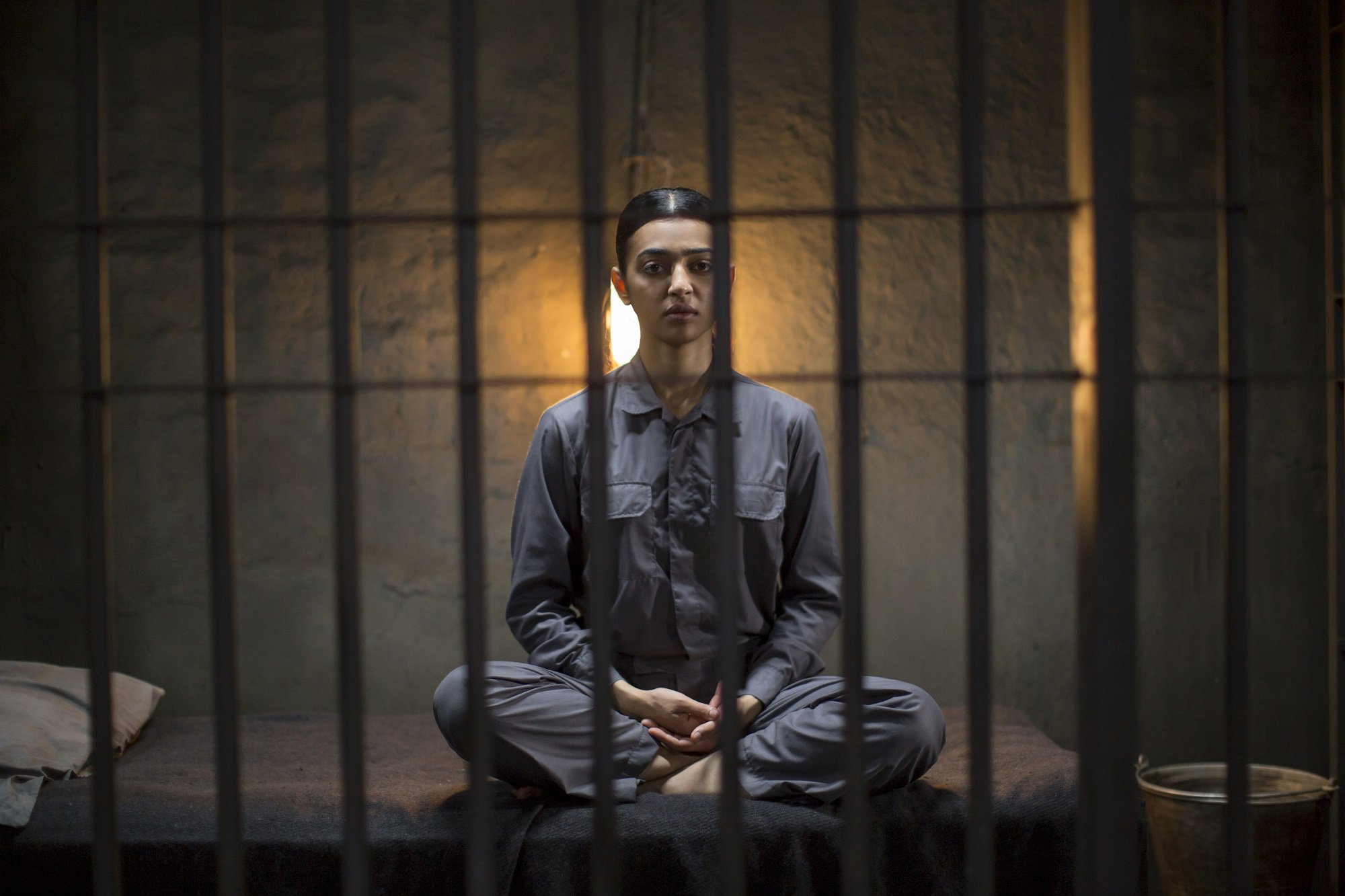
Her vulnerability as a daughter, her strength as a soldier, her fear to have been caught in supernatural events, and her resolve at setting things right – this is all a part of a character that is not ideal but most definitely human.
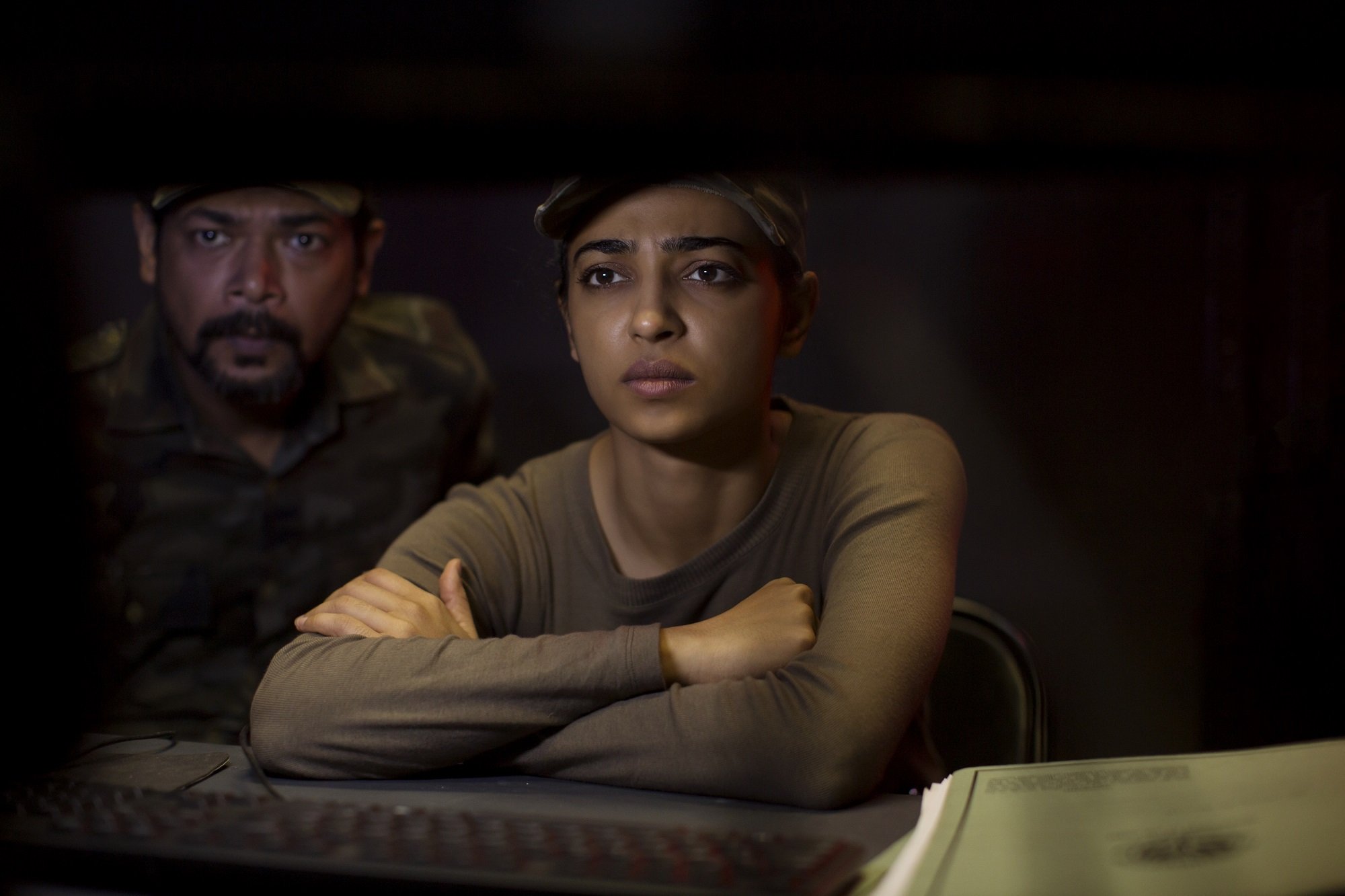
4. Characters are not moral by their position but by their actions.
This is not a black and white series – where your position in society automatically makes you flawless. It is your actions that count. And that is exactly how director Patrick Graham has used the supernatural element to take the story forward.

Ghoul, a demonic spirit that takes on the form of a guilty individual, actually serves as a reflection of ‘humanity’s’ guilt. Simply said, if you were on the right side of morality you would have no reason to fear the ghoul.

As the series expertly portrays, there is no authority figure that has not twisted the law and crossed the basic line of morality – and thus they fall prey to the ghoul. Be it terrorists, soldiers, prisoners, godmen (a Maulvi) or even decorated war heroes (Manav Kaul’s character).

Except for a man who is truly innocent – and yet tortured to the point of death – the terrorist facility is crawling with people given a free reign to harness their sadistic side under the disguise of ‘interrogation’.
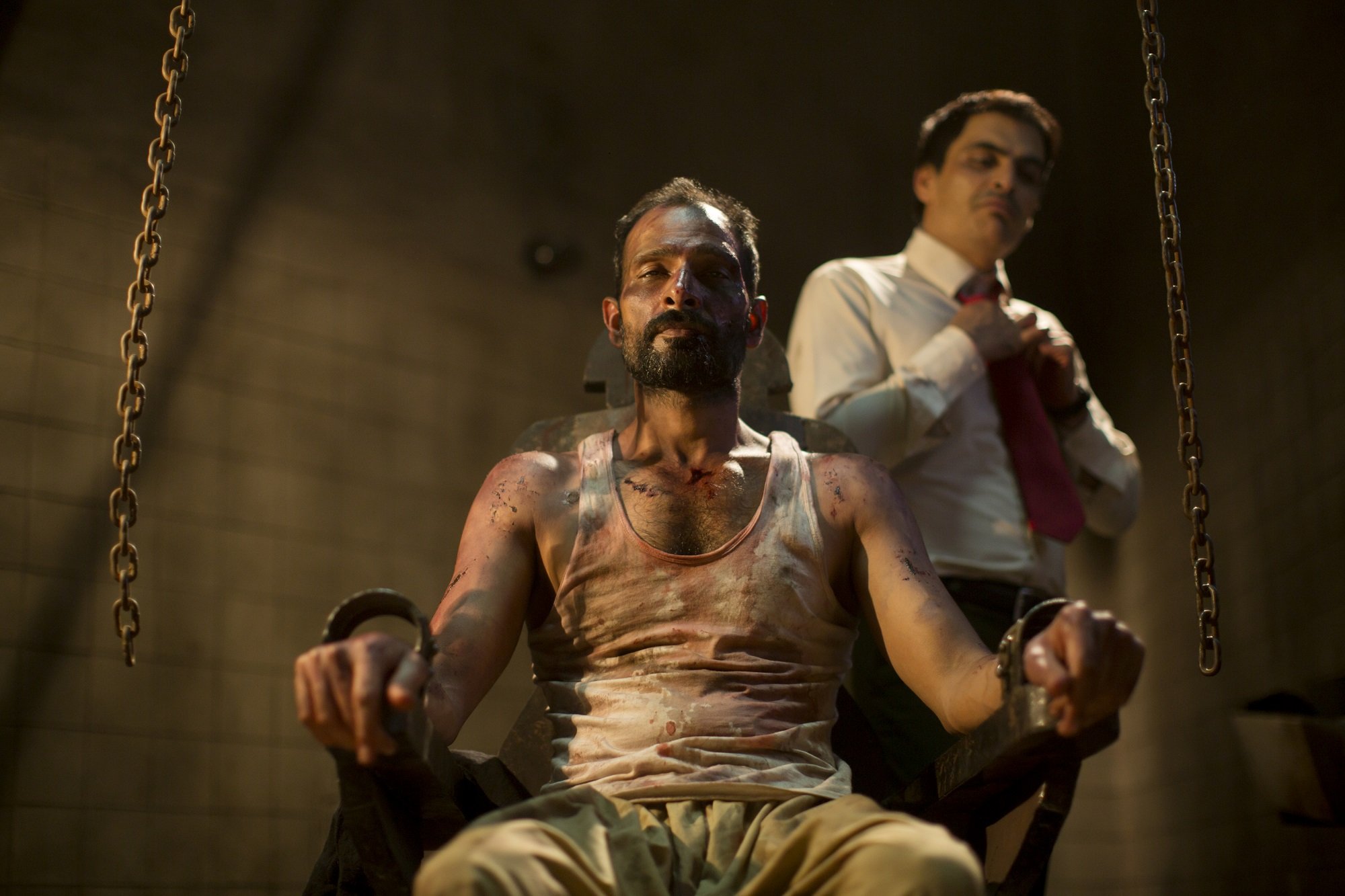
And thus they all fall prey to the ghoul.
5. The use of supernatural elements and gore as aids of storytelling and not as theatrical elements.
More often than not, Indian horror movies have an abundance of loud music, clichéd shots and expected horror hooks. But not with Ghoul.
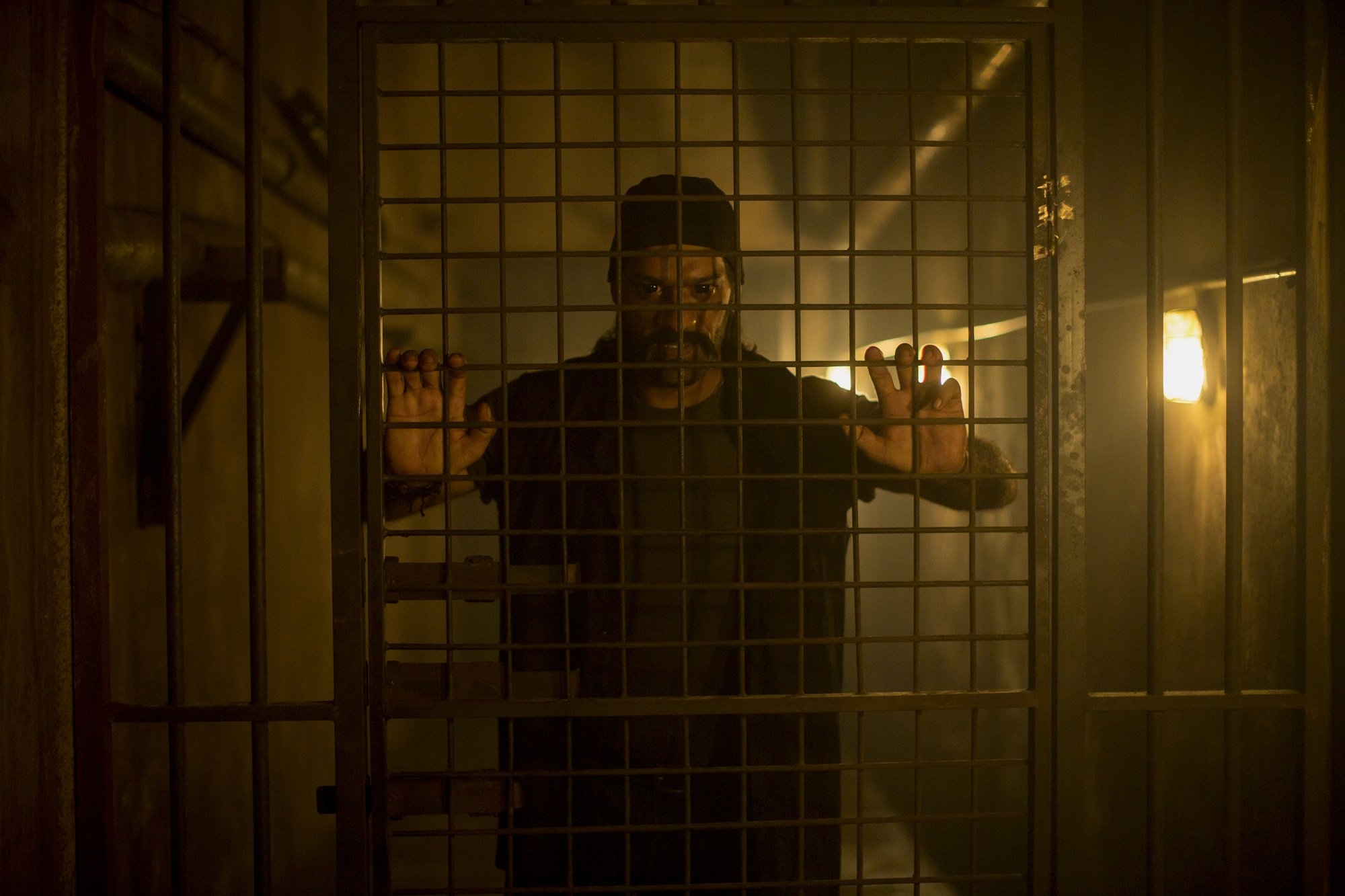
While there are definitely moments that spook you, your interest is not diverted – rather the suspense is only intensified. Even the use of gore – and there is a fair share of that – does not seem disturbing but actually aids the story.
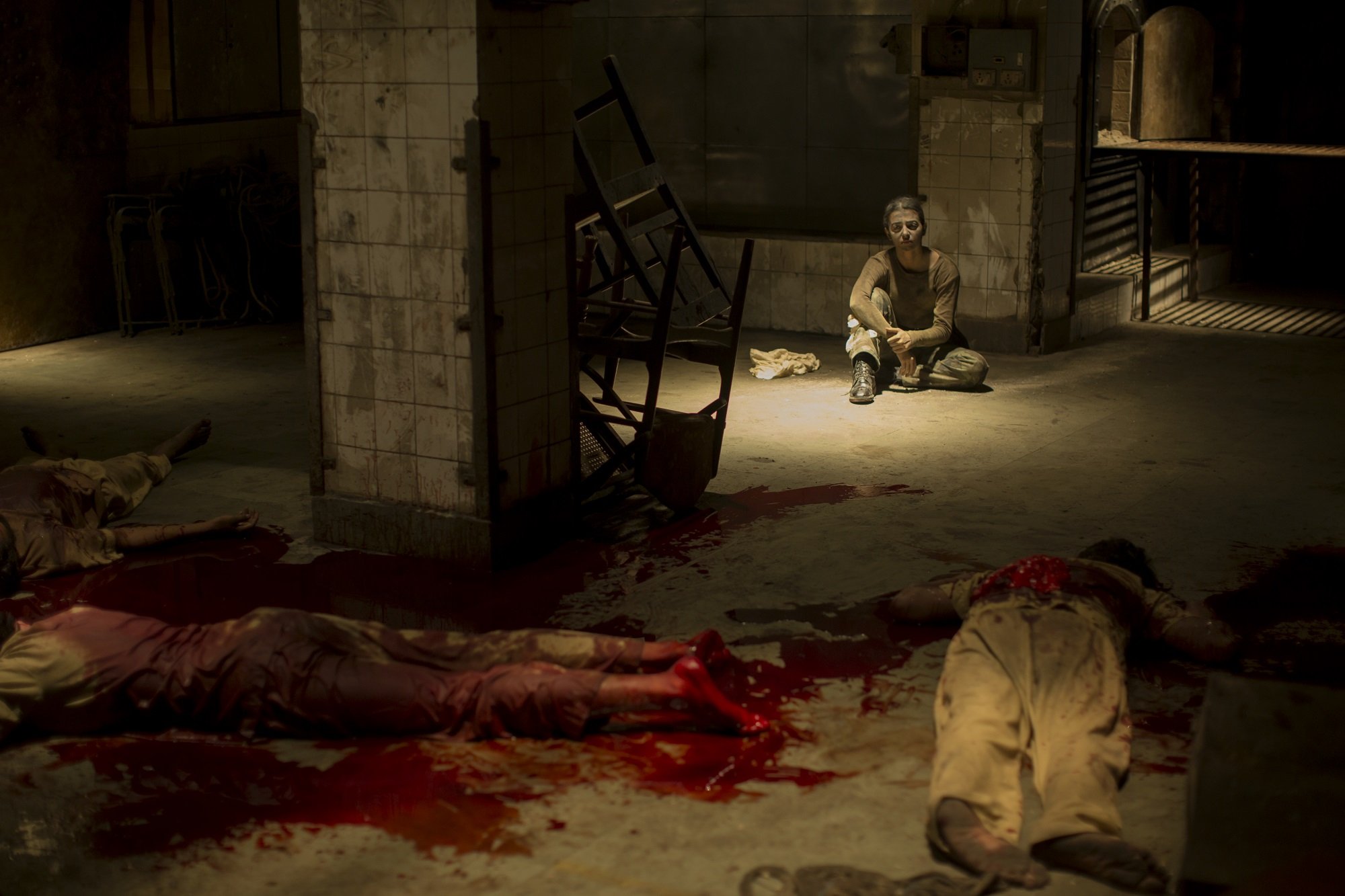
It would have been easy to use the traditional storytelling techniques that many Indian horror movies employ, but clearly, this is a show set up to international standards. Here the supernatural is not a ploy but an intricate tool of the story.
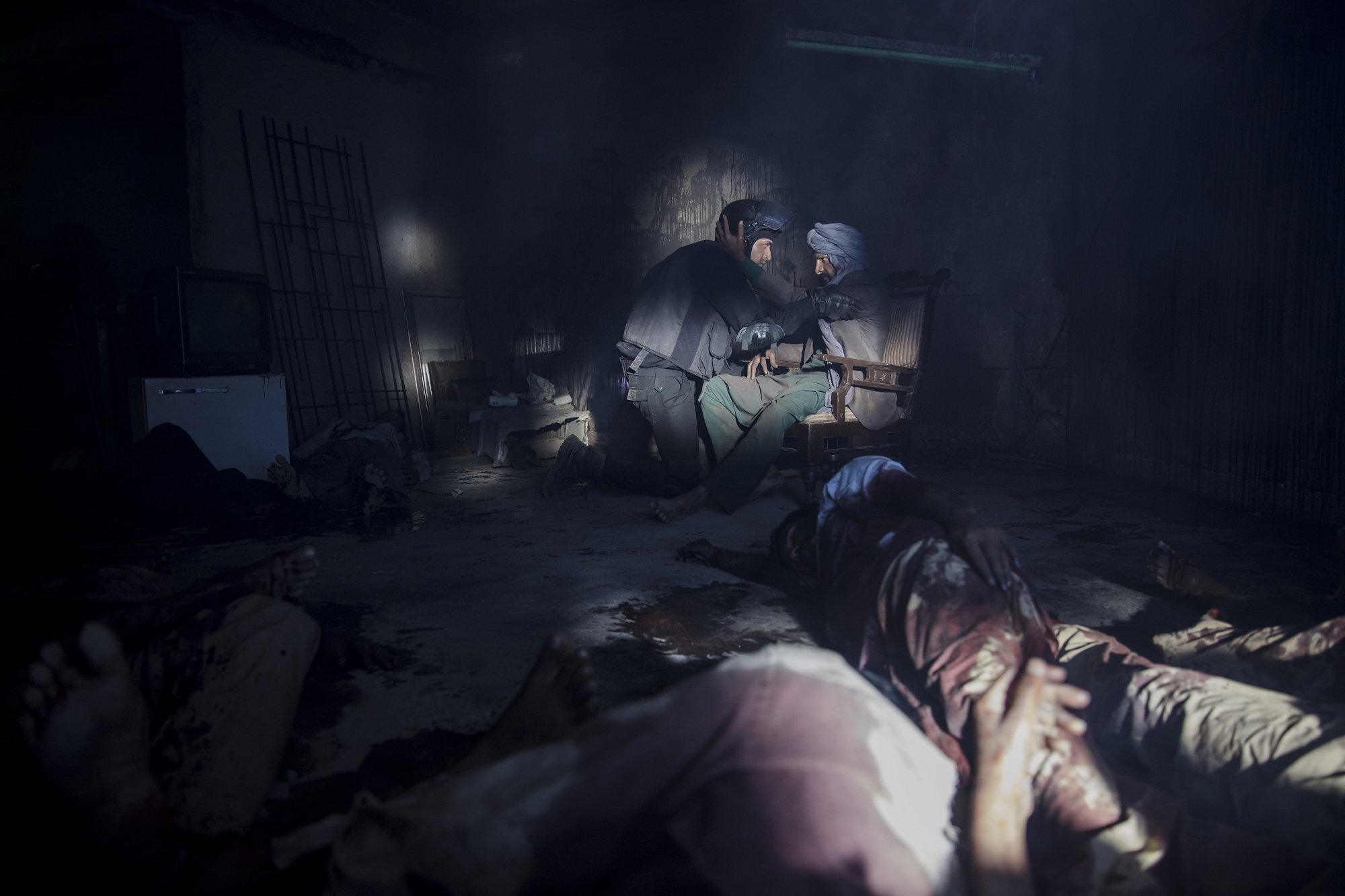
Simply put, you spend the whole series scared to death about the characters. And that fear cannot be manipulated by loud noises – that fear can only be generated by expert storytelling.
The lack of censorship allows for an honest, bold and untamed narrative. More importantly, Ghoul has managed to effectively decode what horror means. Because here, the one thing you fear the most are your own actions. The skeletons hiding in your closet are where the real horror lies.
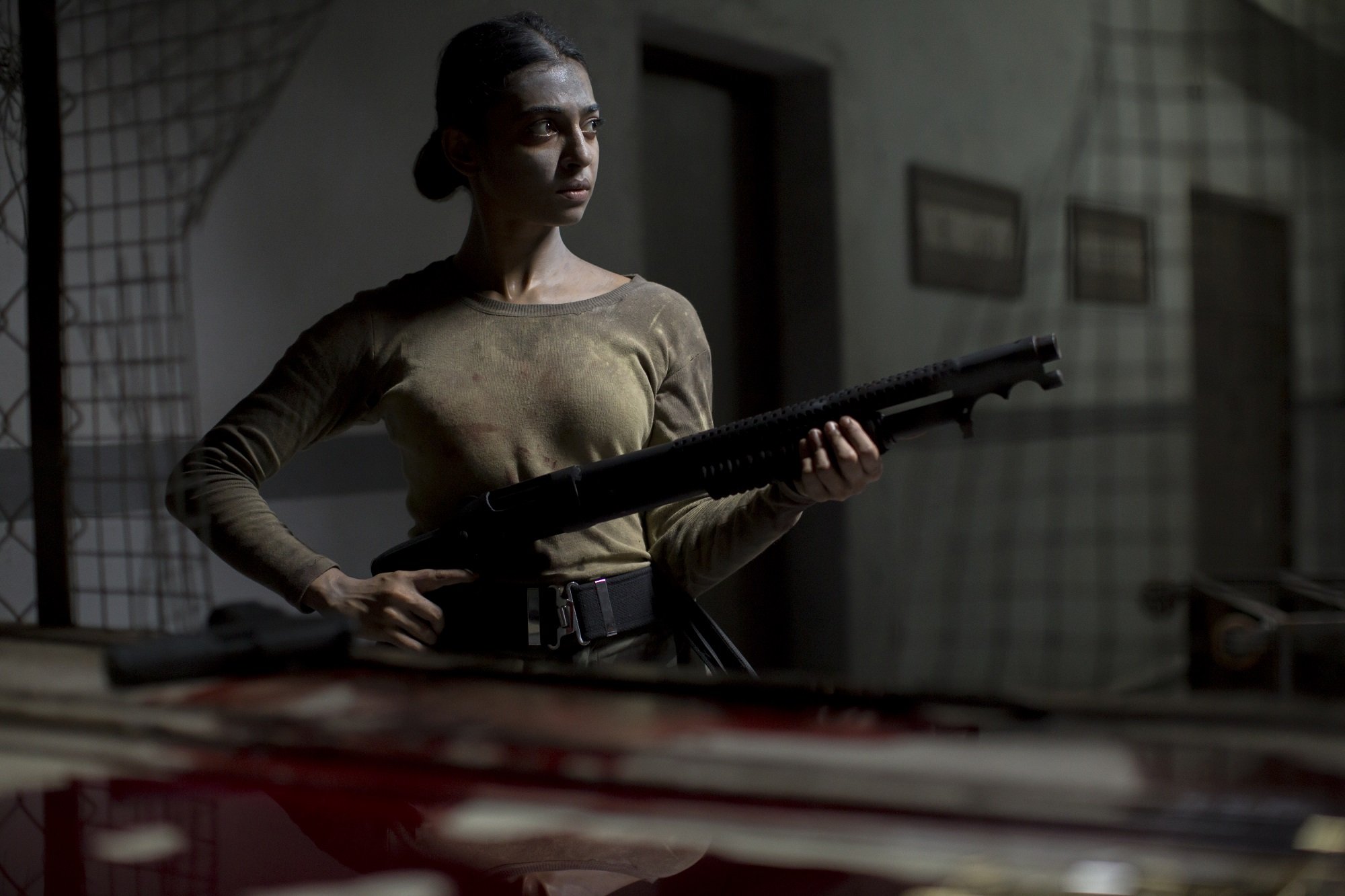
With Ghoul we finally have an intelligent supernatural story, set in an Indian context.
All images from Netflix, unless specified otherwise.
For more stories on Netflix, click here.

















